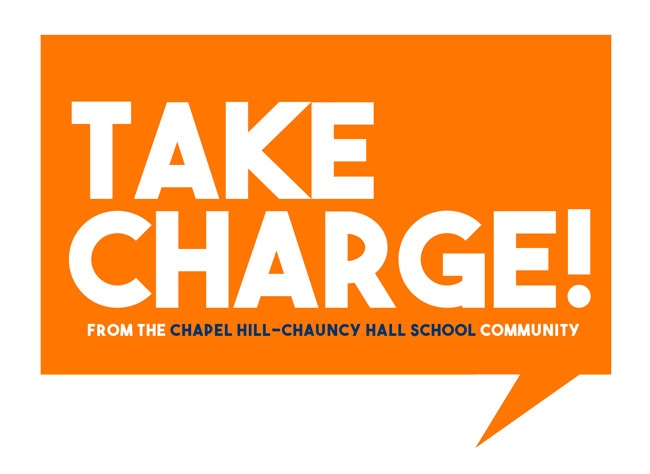At Harvard's Making Caring Common, we are working with young adults to promote key ethical capacities like empathy, caring, and gratitude because we know such capacities are at the heart of doing well, but more importantly, they’re at the heart of doing good in college and beyond.
.png)
I want to be clear that ethical character isn’t a question of defining individuals as “good” or “bad.” It’s also not something you master as a young person and then possess forever. These are perishable skills, and many of us don’t develop our most important qualities until much later on in life. This is okay. What I am suggesting is that ethical development is a continuous process of acquiring skills and capacities throughout the course of our lives. It is a muscle we must continue strengthening, and it’s essential for us to begin that work today because the capacities we develop now will plant the seeds for ethical behavior in both our own lives and in the lives of others. They will be what enable us to go deeper into the smoke-filled basement, speak up when someone is treated poorly, hold the hand a dying loved one even though we’re scared and sad. Thought of in this way, we have a moral obligation to practice the very things that will make us successful and happy, which is not actually such a bad deal.
View this post on InstagramA post shared by Chapel Hill-Chauncy Hall (@chchschool) on
Empathy
You have likely heard a great deal about this word “empathy.” What I would like to emphasize is that empathy is about more than simply putting yourself in someone else’s shoes. As Pema Chodron put it, empathy “...is not a relationship between the healer and the wounded. It's a relationship between equals. Only when we know our own darkness well can we be present with the darkness of others.” And while practicing perspective taking is an important step toward a rewarding life, it’s really going to be your ability to expand your circle of concern to include people quite different from you, and it’s the myriad, small, everyday ways you act upon that expansion that will matter. It’s about the actions you take to care for, support, and serve others, sometimes at a cost to yourself.
Caring
You may also hear the word “serve” and think of that all-important buzzword, “community service.” From starting your own clubs and organizations to building homes abroad, the intense pressure of college admissions has in many cases created an “arms race” of community service. And indeed we should be sending the message that it is important for you to stay involved in high-quality, impactful service while you are in high school and once you graduate. But what makes service valuable is not whether it involves a trip to a new country or launching a new project. What's important is whether you immerse yourself in an experience that is meaningful to you over a sustained period of time and whether you learn about yourself; the perspectives of others, especially those who are different from you in background and character; and your responsibilities toward your communities.
Too often, we find ourselves falling into the trap of “doing for” others. If we are not careful, such forms of service can be patronizing and fail to spark in us a deeper understanding of social structures and inequalities. It is for these reasons that we should instead strive to always “do with” -- to work in diverse groups for sustained periods of time in which we learn from one another and tackle community challenges together. As Making Caring Common’s founder, Rick Weissbourd, has written, “the capacity to measure your life in terms of your value to others is in itself a profound gift.”
WATCH: Dr. Richard Weissbourd’s Commencement Address at the 2017 CH-CH Graduation.
Gratitude
Lastly, I want to emphasize the importance of one final ethical capacity: gratitude. Gratitude allows us to appreciate others and be inspired to think and act more generously, especially towards those who contribute to the positive things in our lives.
Gratitude can be expressed through a variety of simple actions, from paying forward gestures of kindness to writing thank you notes to the people in your life who have supported you in some way.
While many of us may do a good job expressing gratitude to those who are inside our circle of concern - our family members, friends, and loved ones - it can be easy to forget other individuals in your life who may go unnoticed or unappreciated, from the folks who deliver your mail to the bus drivers who drive you to school each day. Pay attention to these individuals. Be intentional about thanking them, too, for the work they do each day. You never know when a small gesture of appreciation is exactly what a person needs to hear in any given moment. And more, you never know when that person will be you.
We will all continue to face tough, deeply moral problems for as long as we live. And while it technically matters less why you choose to care or empathize or be grateful, I can tell you there’s no freedom as sweet as the one that attends doing what it right because it is right. The fact that it makes us happy and tends to lead to material success seems almost too good to be true, but hey, there it is.
So get out there, learn math and science and art and languages and history. Have fun, travel, taste all the food, climb all the mountains, sail the high seas, fall in love, fall out of love, dance all night and sleep all morning or sleep all night and dance each morning. Squeeze the marrow out of this life you’ve been given. Earn those awards that I just know you will continue to accumulate, but be sure you are worth the praise– not the praise of others, but the praise in your own heart. It’s the praise we can’t live without but that we can’t fake either. Empathize with people who are unlike yourself. Care for them. Give thanks. Be well. Be good.
Glenn Manning is the Senior Program Coordinator of the Making Caring Common Project at Harvard Graduate School of Education. Manning also serves as the Caring Schools Network Manager. Learn more about Chapel Hill-Chauncy Hall’s partnership with Harvard and Making Caring Common.
To see more from Glenn Manning, watch his Baccalaureate Speech to Chapel Hill-Chauncy Hall School's Class of 2019:














